Depression is a battle that often feels endless, but sometimes, the right game can offer a moment of peace, a sense of purpose, or even a glimmer of hope. Whether it’s through their immersive worlds, meditative gameplay, or powerful storytelling, certain games have helped players cope with their struggles in ways that words alone cannot. Some provide a safe escape, others offer a reflection of inner turmoil, and a few remind players that even in the darkest times, perseverance can lead to triumph.
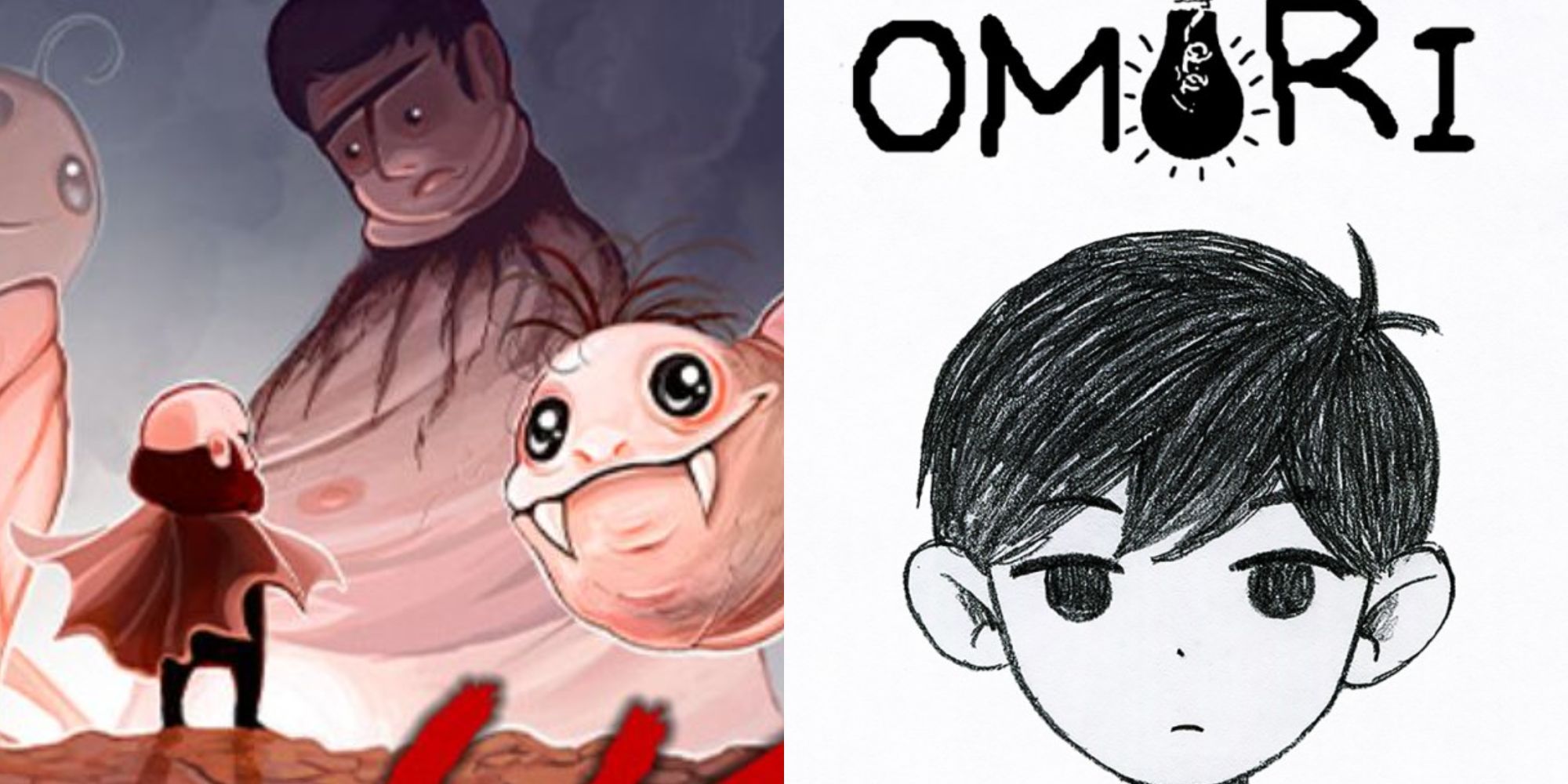
Related
8 RPGs That Explore Mental Health Themes
Some RPGs go for a nontraditional narrative where they explore themes of mental health and trauma, and here are some examples.
The following games have been praised by players for helping them through difficult times. They don’t claim to be a cure, but in their own unique ways, they offer comfort, catharsis, and the kind of quiet encouragement that can make all the difference.
9
Celeste
A Pixelated Mountain That Feels Too Real
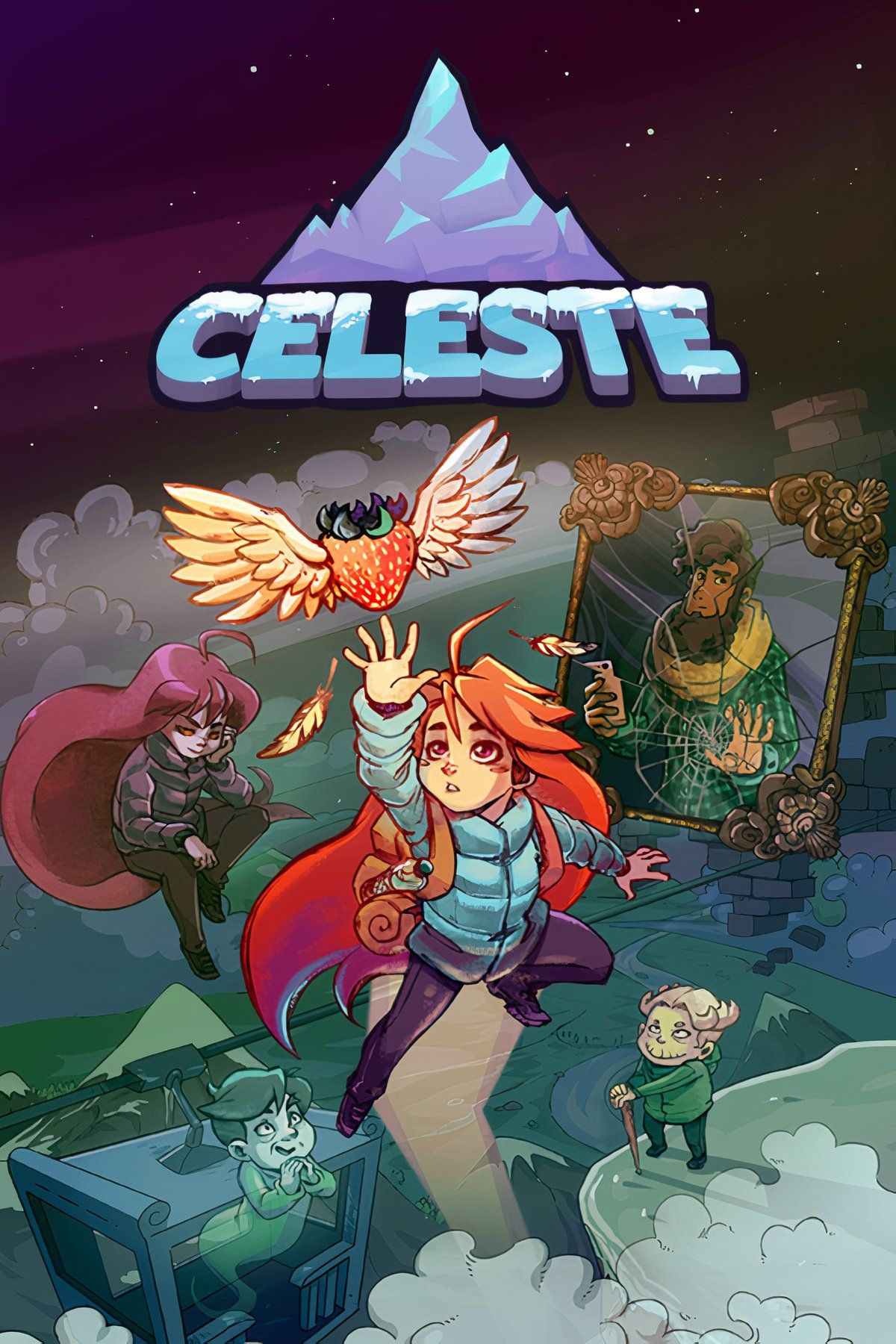
- Released
-
January 25, 2018
- Developer(s)
-
Extremely OK Games
- ESRB
-
E10+ For Everyone 10+ Due To Alcohol Reference, Fantasy Violence, Mild Language
Celeste is more than just a precision platformer; it’s a brutally honest reflection of anxiety, self-doubt, and the struggle to keep going when everything feels impossible. Playing as Madeline, players climb the daunting Celeste Mountain, facing relentless challenges that demand patience and perseverance. But beneath the pixel-perfect jumps and air dashes is a story that resonates deeply with those battling depression.
Madeline’s journey isn’t just about reaching the top; it’s about confronting her inner demons—quite literally, as she faces a darker version of herself that embodies her fears and insecurities. The game never trivializes mental health struggles. Instead, it acknowledges them, showing that setbacks don’t erase progress. Every failed attempt, every slip off a ledge, is met with an opportunity to try again, reinforcing the idea that persistence, no matter how difficult, is worth it.
The soundtrack by Lena Raine adds an emotional weight to the experience, shifting between calm, melancholic melodies and intense, heart-racing beats. It mirrors the way emotions fluctuate, capturing the highs and lows of both the game and real-life struggles. And the best part? The game encourages players to go at their own pace, offering an assist mode that ensures anyone, regardless of skill level, can experience the journey without frustration.
8
Abzu
Sinking Into The Depths Never Felt So Calming

-

OpenCritic
-
Top Critic Rating:
80/100
Critics Recommend:
73%
- Released
-
August 2, 2016
- Developer(s)
-
Giant Squid
- ESRB
-
E For Everyone Due To Mild Fantasy Violence
The ocean can be terrifying, but Abzu turns it into a meditative escape. This underwater exploration game strips away combat, fail states, and time limits, letting players drift through vibrant coral reefs, ancient ruins, and deep-sea caverns. With no dialogue, the story unfolds purely through visuals and music, creating an almost dreamlike experience that feels like guided meditation.
The rhythmic movements of swimming, the gentle hum of the orchestral score, and the sheer beauty of marine life combine to create an overwhelming sense of peace.
Studies have shown that water environments can reduce stress and anxiety, and Abzu taps into that perfectly. It encourages players to slow down, appreciate their surroundings, and immerse themselves in a world that doesn’t demand anything from them.
And while the game touches on themes of destruction and rebirth, it never feels heavy. Instead, it reminds players that even in the darkest depths, there’s beauty to be found. For anyone feeling mentally drained, a short session in Abzu can feel like a deep breath for the soul.
7
Hellblade: Senua’s Sacrifice
The Voices Are Real, And That’s The Point
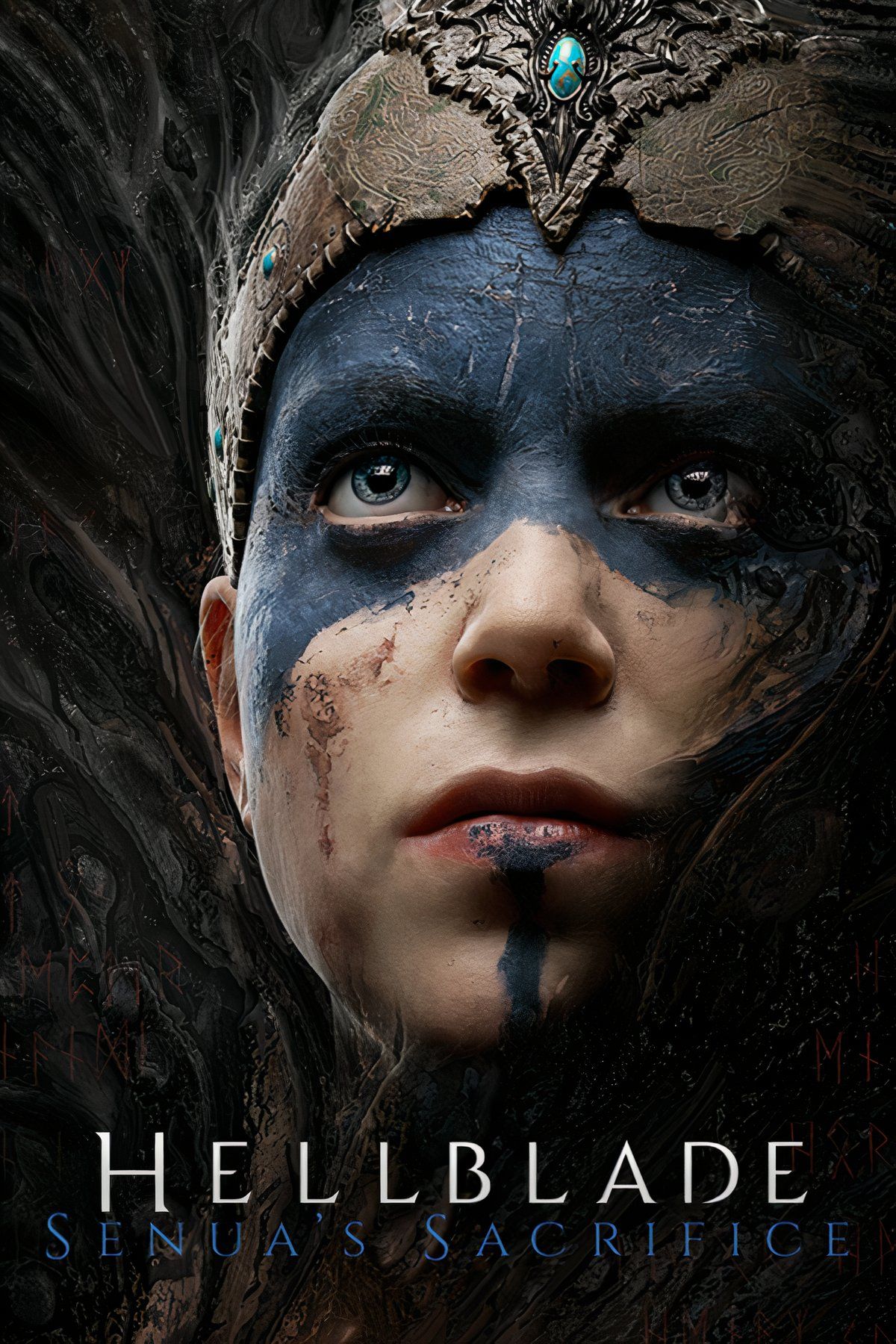
- Released
-
August 16, 2017
- ESRB
-
M For Mature 17+ due to Blood and Gore, Intense Violence, Strong Language
Not many games dare to tackle mental illness with the raw intensity of Hellblade: Senua’s Sacrifice. Senua, a Pict warrior, embarks on a harrowing journey through a nightmarish landscape, all while battling the voices in her head—voices that are always present, always whispering. Developed with input from neuroscientists and people with lived experience of psychosis, the game offers an unsettlingly accurate portrayal of auditory hallucinations, paranoia, and trauma.
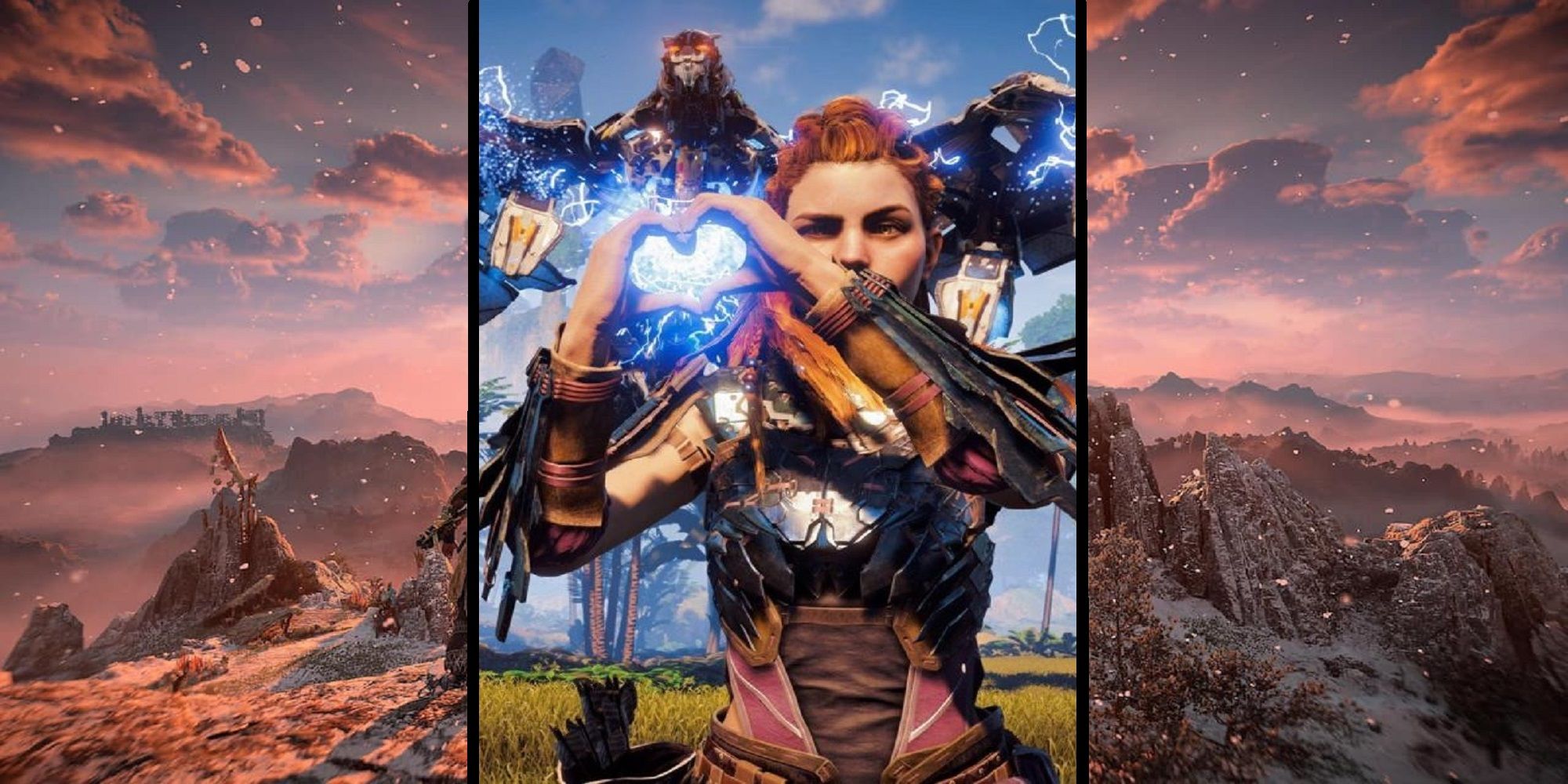
Related
5 Ways Gaming Can Contribute Towards Better Mental Health
Gaming has often been perceived negatively and in excess can be a burden. However, some research shows it can also be beneficial.
But Hellblade isn’t just about suffering; it’s about endurance. Senua fights her way through overwhelming odds, driven by love, loss, and an unshakable determination to keep going. The game never romanticizes her pain, but it also never portrays her as weak. She’s terrified, yet unstoppable. And for many players struggling with depression, that depiction of resilience is incredibly powerful.
The use of binaural audio creates an eerie, immersive soundscape where the voices shift from whispers to shouts, never letting Senua—or the player—rest. Yet, beneath the darkness, Hellblade carries a message of hope: that even in the face of overwhelming pain, survival is possible.
6
Spiritfarer
Saying Goodbye Has Never Been This Beautiful
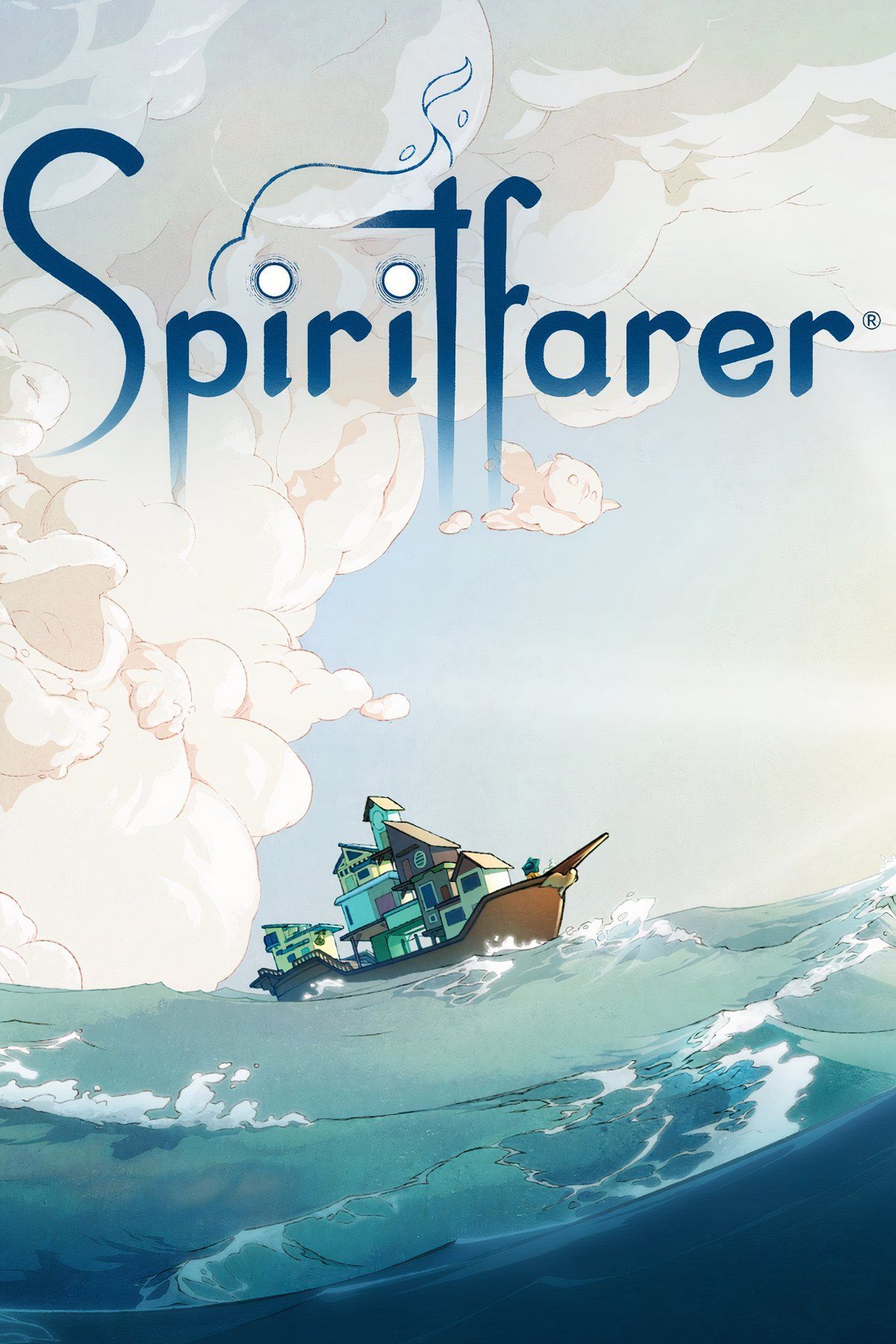
Platformer
Indie Games
Simulation
- Released
-
August 18, 2020
- Developer(s)
-
Thunder Lotus Games, Kowloon Nights, Canada Media Fund
- ESRB
-
T For Teen due to Language, Use of Tobacco, Violent References
Grief and depression often go hand in hand, and Spiritfarer understands that better than most games. As Stella, players take on the role of a “Spiritfarer,” guiding lost souls to the afterlife while tending to a cozy boat filled with friends who won’t be there forever. It’s a game about caregiving, closure, and learning to let go.
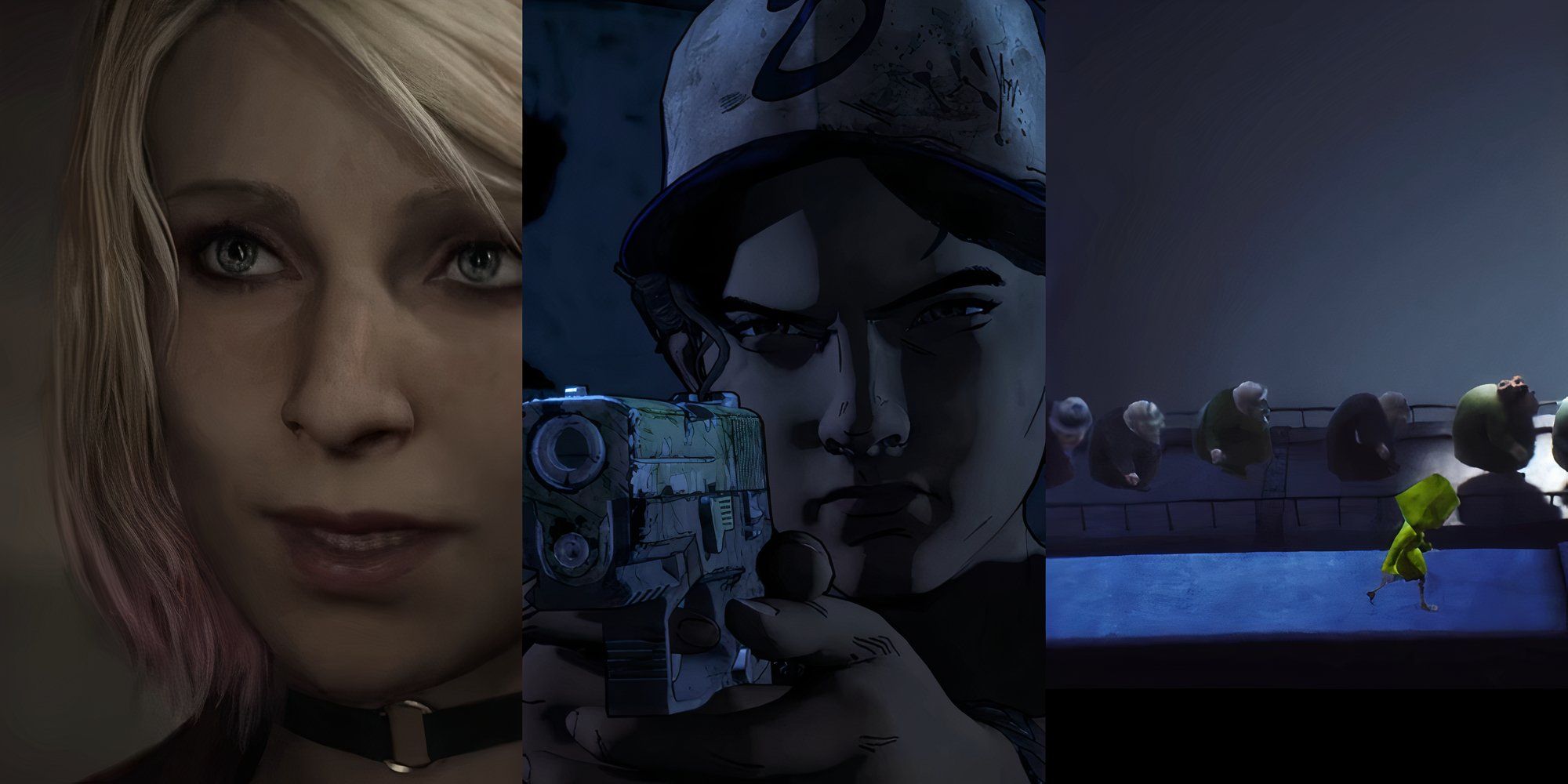
Related
6 Best Horror Games That Explore Personal Trauma
Some of the industry’s best horror games have explored the human psyche in amazing ways, using the reality of trauma and grief.
Each spirit has its own personality, its unique regrets, and its individual way of saying goodbye. Some are at peace, while others struggle to accept their fate. The process of helping them find closure—whether by cooking their favorite meal, finishing their unfinished business, or simply sitting beside them—is deeply emotional, often mirroring real-life experiences with loss.
But Spiritfarer balances its heavy themes with warmth and comfort. The art style is soft and inviting, the soundtrack is soothing, and there’s an undeniable sense of community on Stella’s ever-growing boat. Even when facing sadness, the game reminds players that love, kindness, and small moments of joy are always worth cherishing.
5
Subnautica
Exploring The Unknown Is A Cure For The Soul
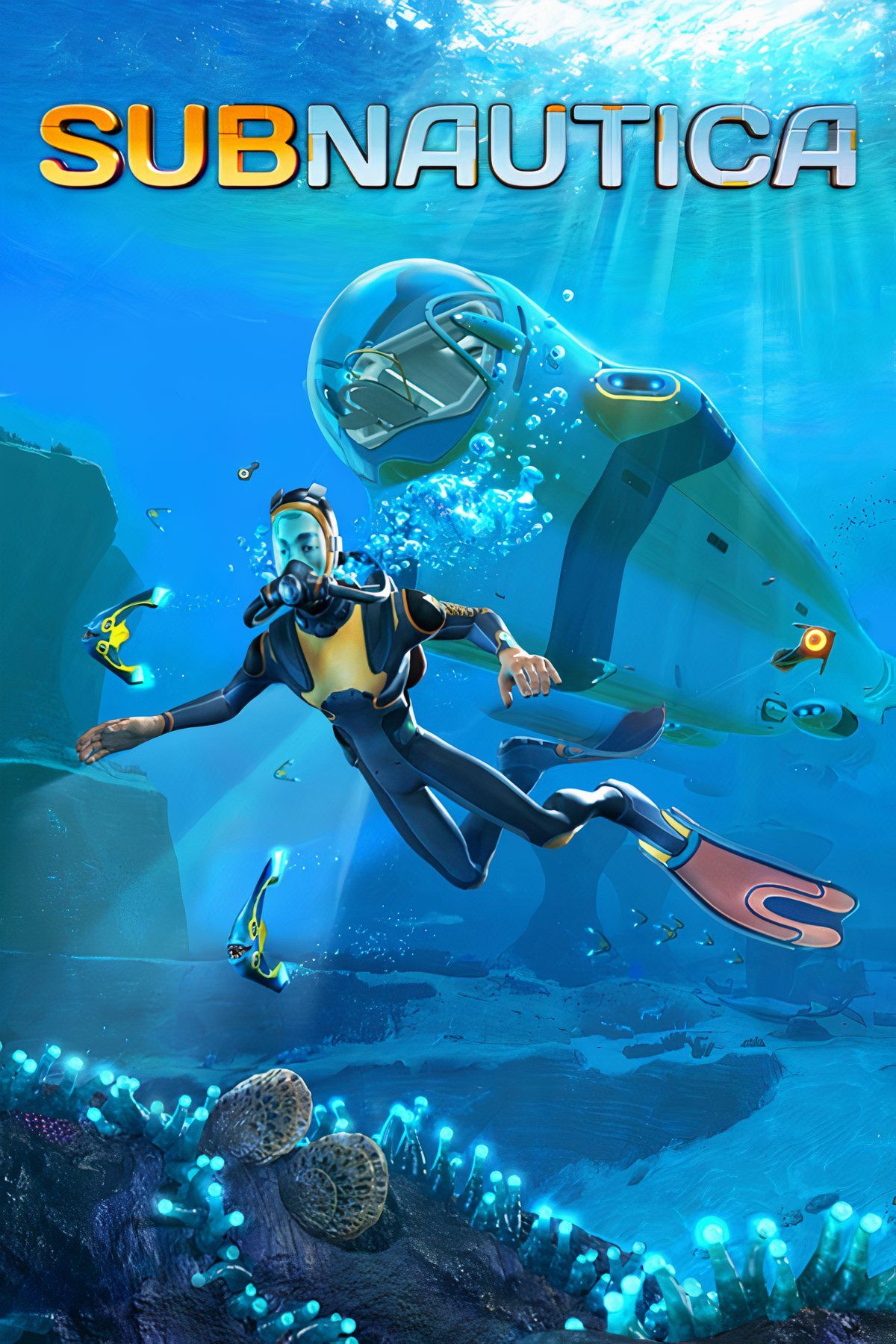
Survival
Horror
Open-World
Science Fiction
- Released
-
January 23, 2018
- ESRB
-
E10+ for Everyone 10+: Fantasy Violence, Mild Language
Isolation can feel suffocating, but Subnautica turns it into an adventure. Stranded on an alien ocean planet with nothing but a damaged escape pod and a sea of endless possibilities, players must explore, build, and survive. At first, the world feels overwhelming. The vast, open waters stretch out in every direction, and the deeper players go, the more terrifying the creatures become. But fear gives way to curiosity, and before long, the unknown stops being something to dread and starts being something to embrace.
There’s something inherently therapeutic about setting goals, working toward them, and seeing tangible progress. What starts as a desperate struggle for fresh water and food eventually turns into a full-scale underwater colony, complete with submarines, gardens, and cozy little hideaways. Subnautica never tells players what to do, but it rewards exploration and persistence, reinforcing the idea that progress—no matter how small—always matters.
4
Outer Wilds
Time Doesn’t Stop, So Enjoy It
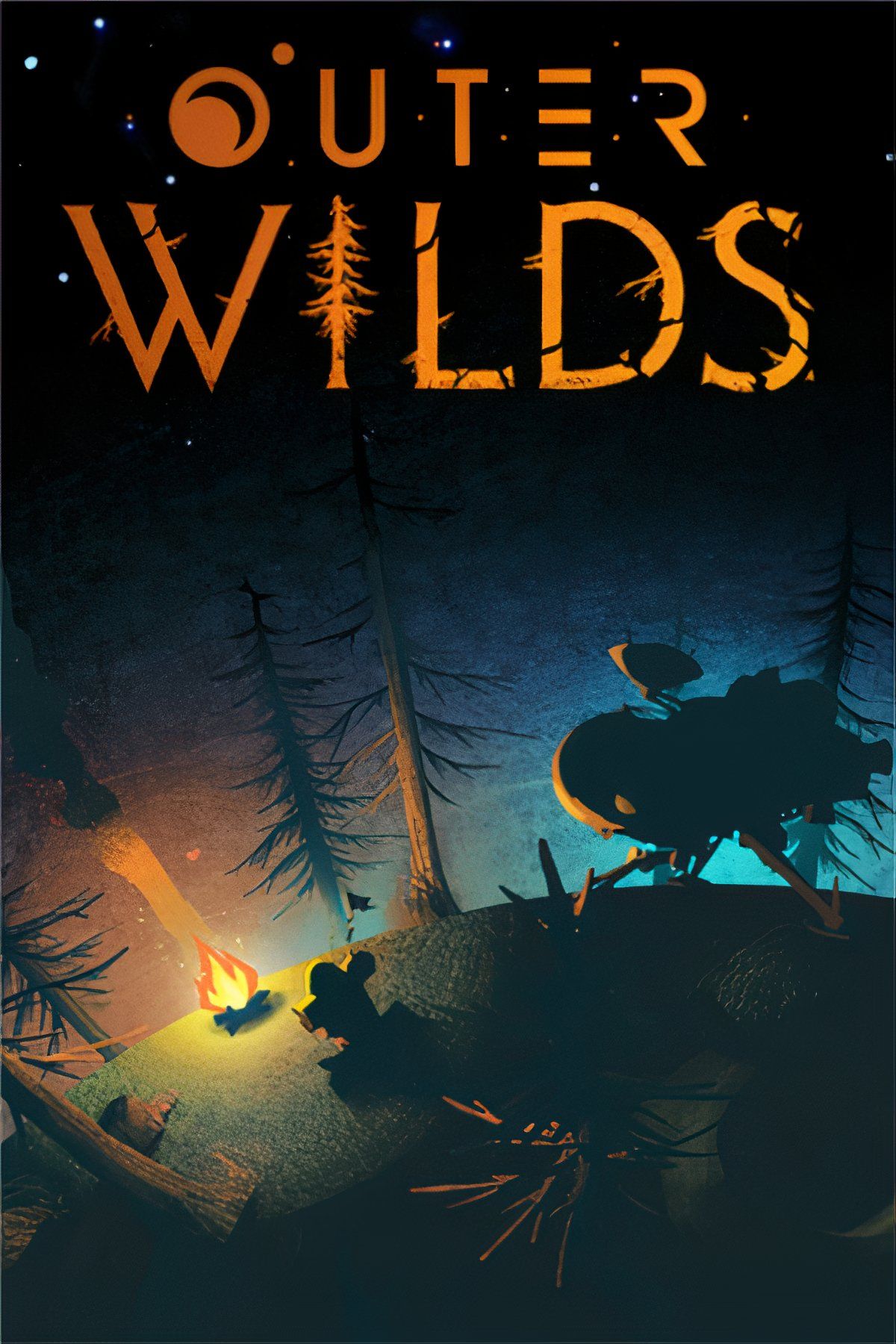
- Released
-
May 28, 2019
- Developer(s)
-
Mobius Digital
- ESRB
-
E10+ For Everyone 10+ due to Fantasy Violence, Alcohol Reference
Outer Wilds is about making peace with the things you can’t change. Trapped in a 22-minute time loop before the universe resets, players explore a handcrafted solar system filled with mysteries, lost civilizations, and fleeting moments of wonder. There’s no combat, no real objectives—just the freedom to learn, experiment, and accept that not everything is within our control.
For players struggling with depression, Outer Wilds offers a gentle reminder that discovery, curiosity, and the connections we make are what truly matter. The inevitability of the time loop mirrors real-life struggles with feeling stuck, but the game never frames it as a punishment. Instead, it teaches players to appreciate the journey, not just the destination.
Sometimes, Escaping To A Different World Helps
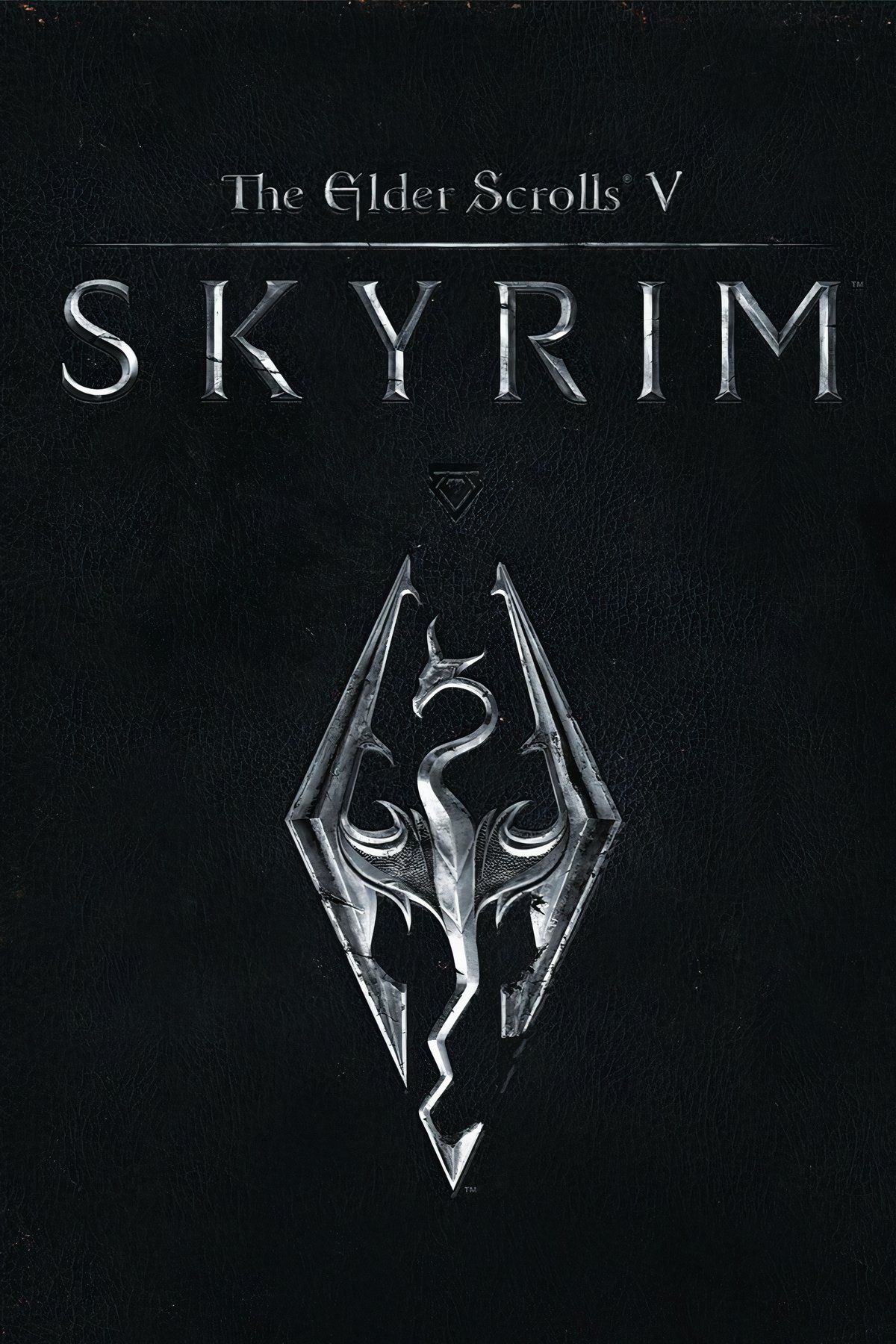
- Released
-
November 11, 2011
- ESRB
-
M for Mature: Use of Alcohol, Blood and Gore, Intense Violence, Sexual Themes
There’s a reason Skyrim has remained relevant for over a decade. Beyond the dragons, dungeons, and endless side quests, there’s something deeply comforting about its vast, open world. Depression can make reality feel heavy, but stepping into Tamriel offers an escape where players set their own pace, define their own goals, and exist in a space free from real-world pressures.
It’s a world where small victories matter. Whether it’s mastering a new spell, decorating a house, or simply walking through a snow-covered forest while listening to Jeremy Soule’s breathtaking soundtrack, Skyrim offers countless little moments of peace. And for many, having a world where they can exist without expectations or obligations is exactly what they need.
2
Stardew Valley
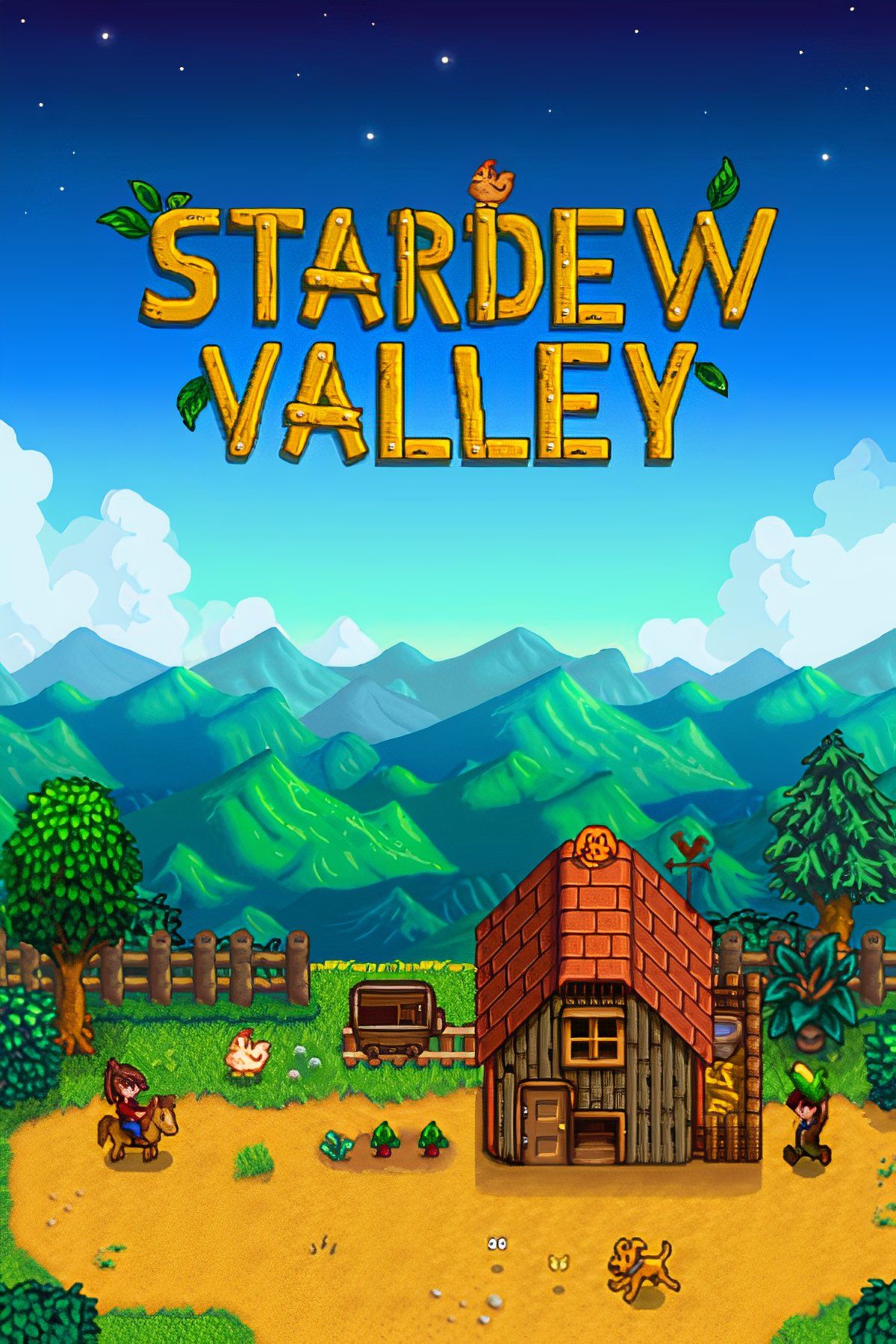
- Released
-
February 26, 2016
- Developer(s)
-
ConcernedApe
- ESRB
-
E for Everyone (Fantasy Violence, Mild Blood, Mild Language, Simulated Gambling, Use of Alcohol and Tobacco)
There’s a special kind of healing in Stardew Valley. Moving to a quiet farm, growing crops, raising animals, and becoming part of a small-town community might sound simple, but it’s that simplicity that makes it so powerful. The slow, rhythmic nature of farming, the daily interactions with NPCs who have their own struggles and stories, and the freedom to play at one’s own pace create a space that feels safe and reassuring.
Many players have credited Stardew Valley with helping them through tough times, and it’s easy to see why. The game doesn’t just offer distraction; it offers purpose. Even on the hardest days, tending to crops or fishing by the river can feel like progress, a reminder that things do grow, and so do people.
1
Dark Souls
A Reminder That Even The Hardest Battles Can Be Won
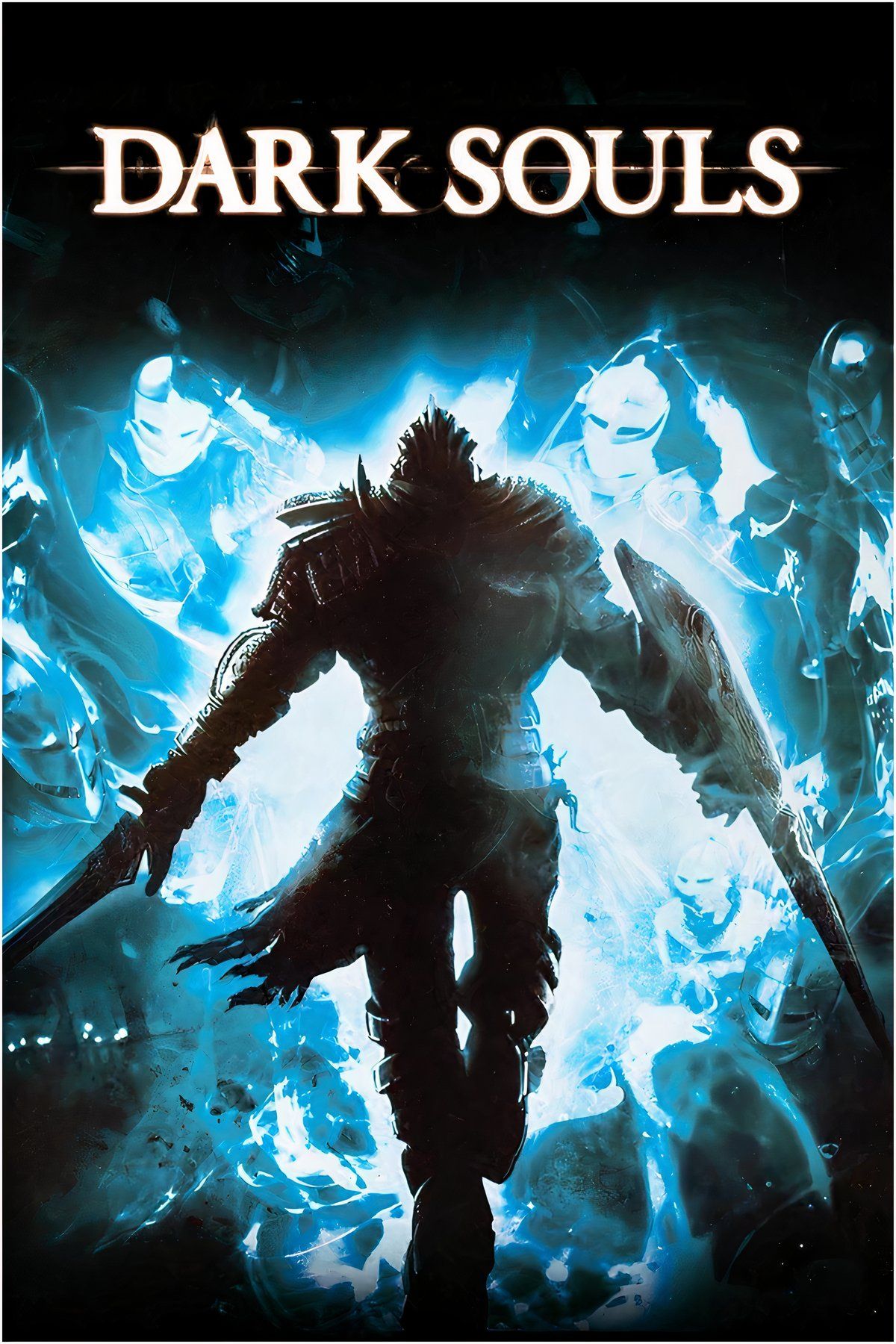
- Released
-
September 22, 2011
- ESRB
-
M for Mature: Blood and Gore, Partial Nudity, Violence
At first glance, Dark Souls seems like an odd choice for this list. It’s punishingly difficult, relentlessly bleak, and filled with an overwhelming sense of despair. But for many, that’s exactly why it helps. It doesn’t sugarcoat suffering—it acknowledges it, then pushes players to keep moving forward, no matter how many times they fall. Every death is a lesson, every small victory is hard-earned, and every impossible-seeming boss eventually falls if players keep trying.
The game’s world, Lordran, is a place of ruin, where hope is a distant memory, yet embers of resilience remain. NPCs struggle with their own despair, some succumbing to it, others fighting against it. The game never hands players success; it makes them earn it, reinforcing the idea that persistence—no matter how painful—leads to growth. And for those battling depression, sometimes just knowing that survival itself is a victory is enough.
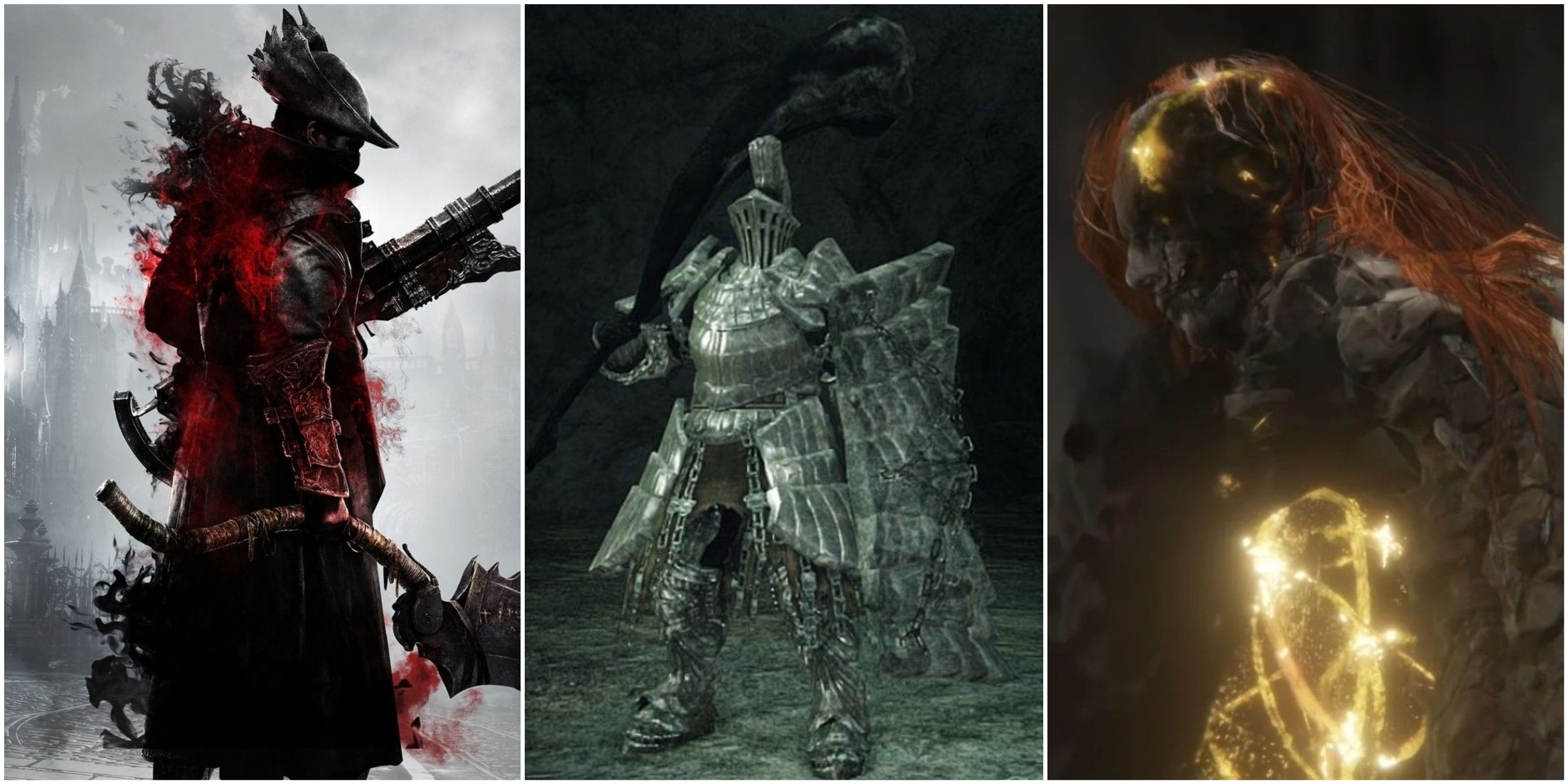
More
8 Best Games That Play Like Dark Souls
If you love the gameplay of the Dark Souls series, check out some of the games listed here.
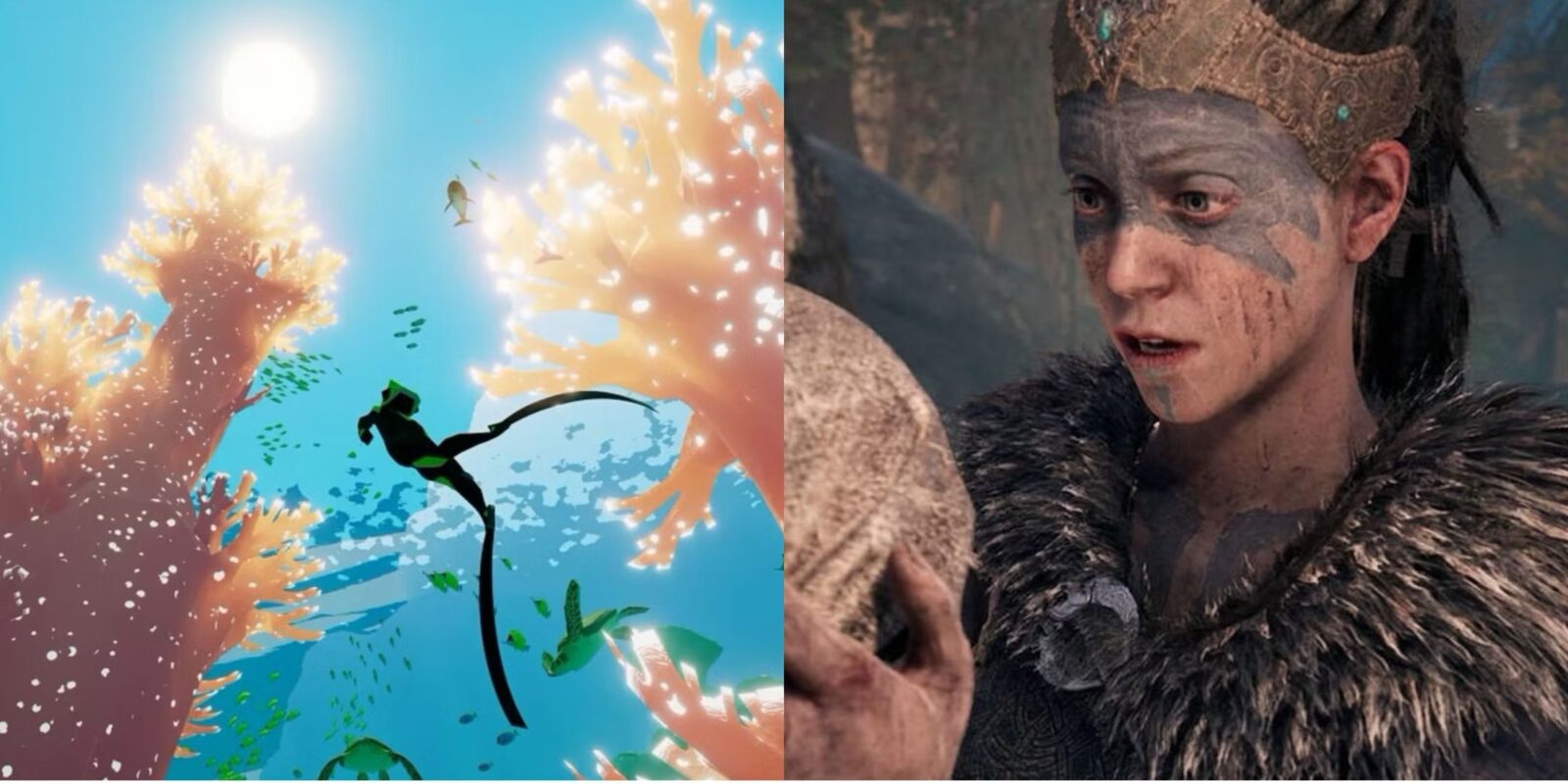




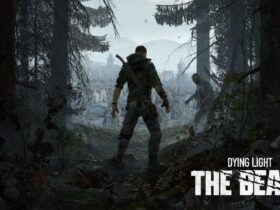






Leave a Reply